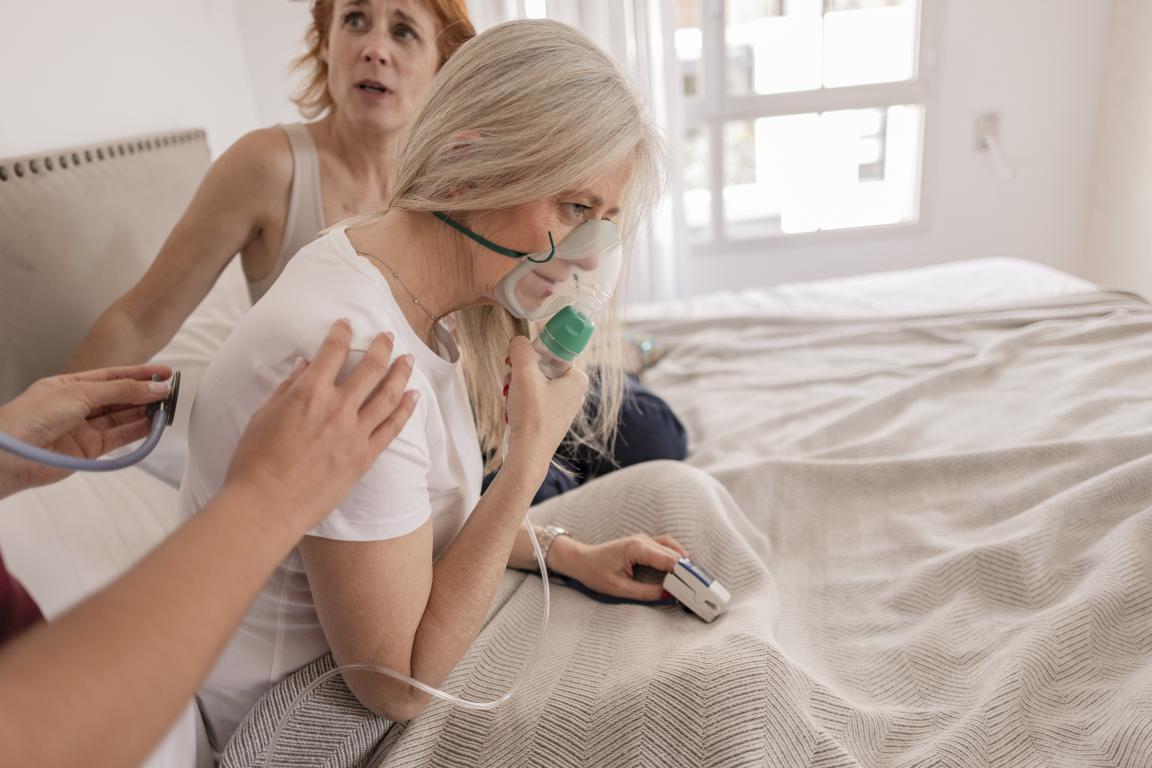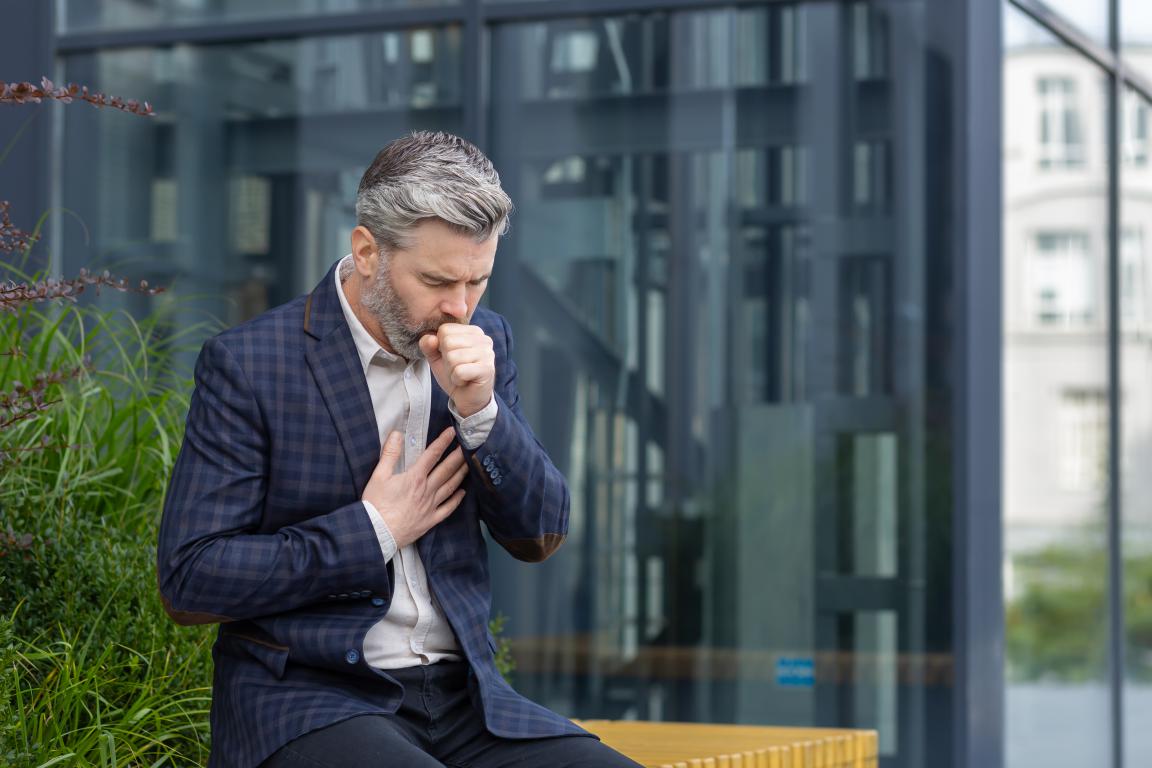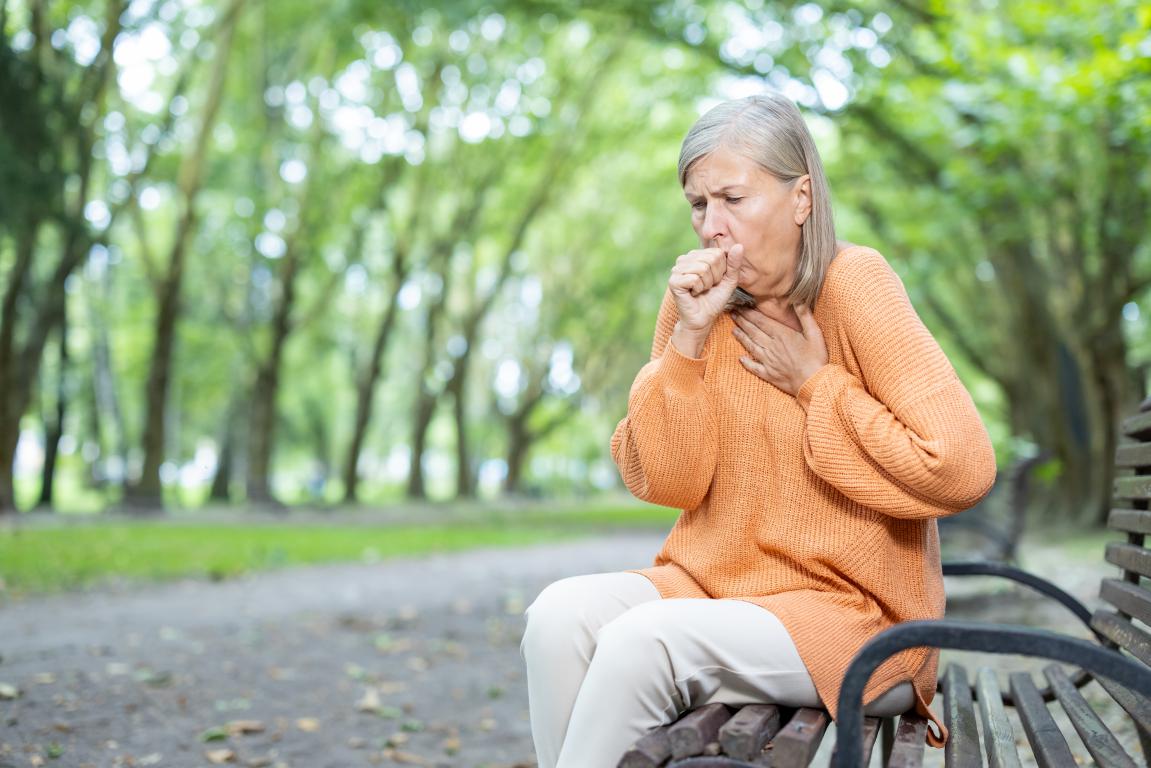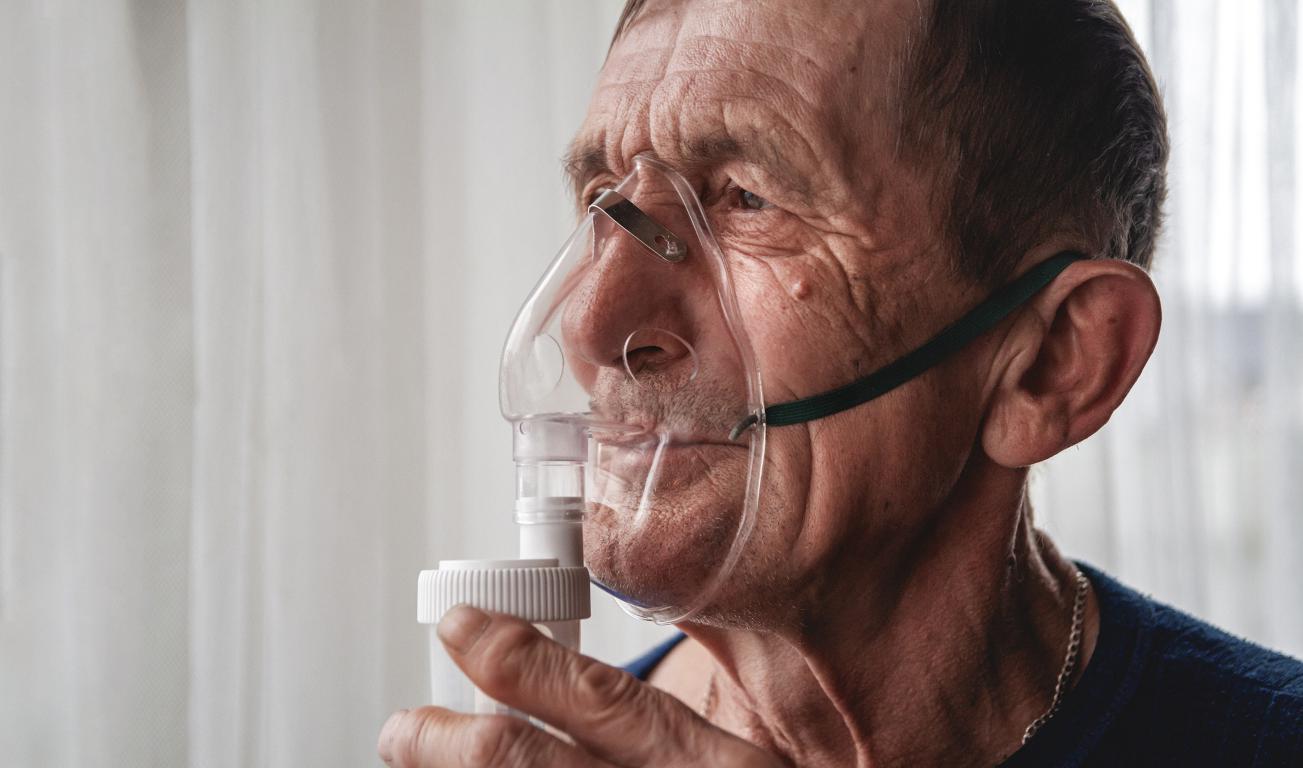Bio-degradable cards
Every card imaginable!
|
Bio-degradable cards Every card imaginable! Commonly asked questions about COPD and how to manage the condition
Understanding COPD and Its Causes
What is COPD?Chronic Obstructive Pulmonary Disease, or COPD, is a long-term condition that affects the lungs and makes breathing difficult. It is an umbrella term that includes chronic bronchitis and emphysema. COPD causes the airways to narrow, which limits airflow and makes it harder for oxygen to get into the body. Over time, it becomes increasingly difficult for people with COPD to breathe, especially during physical activities.
What causes COPD?The most common cause of COPD is smoking, but it can also develop due to long-term exposure to harmful pollutants such as dust, fumes, and chemicals. People who have been exposed to second-hand smoke over many years or those with a history of respiratory infections may also be at risk. In some rare cases, genetic factors, like Alpha-1 Antitrypsin deficiency, can contribute to the development of COPD.
Can non-smokers get COPD?Yes, non-smokers can develop COPD, although it is more common in smokers. Non-smokers who have been exposed to high levels of environmental pollutants, chemical fumes, or dust for extended periods of time may be at risk. Additionally, some individuals may develop COPD due to genetic predispositions or recurring lung infections.
Is COPD contagious?No, COPD is not contagious. It cannot be passed from one person to another through physical contact, air, or fluids. COPD is a result of long-term damage to the lungs, either through smoking, environmental exposure, or genetic factors. However, people with COPD are more vulnerable to respiratory infections, which can spread to others.
Symptoms and Diagnosis of COPD
What are the symptoms of COPD?The most common symptoms of COPD include persistent coughing, shortness of breath (especially during physical activity), wheezing, and frequent chest infections. People with COPD often produce excessive mucus, and they may feel tired or fatigued more easily. In advanced stages, breathing can become difficult even at rest.
How is COPD diagnosed?COPD is usually diagnosed using a test called spirometry, which measures lung function by assessing how much air you can breathe in and out and how quickly you can do so. Doctors may also use chest X-rays or CT scans to rule out other conditions and assess the damage to the lungs. A medical history and symptom assessment are also important in diagnosing COPD.
Can COPD be misdiagnosed?Yes, COPD can sometimes be misdiagnosed, especially in the early stages. Its symptoms can overlap with other respiratory conditions, such as asthma or chronic bronchitis, making it harder to pinpoint. In some cases, people may be diagnosed with COPD when they actually have another condition, or vice versa. A thorough medical examination, including spirometry, is key to getting the right diagnosis.
Are there different stages of COPD?Yes, COPD is classified into four stages: mild, moderate, severe, and very severe. These stages are determined based on symptoms and lung function tests. In the mild stage, symptoms may be barely noticeable, while in the severe stage, people often struggle to breathe, even when they are resting. The progression of COPD can vary from person to person, and the disease tends to worsen over time.
Treatment and Management of COPD
Can COPD be cured?Unfortunately, COPD cannot be cured, but it can be managed. With the right treatment, people with COPD can improve their quality of life and slow the progression of the disease. Smoking cessation, medications, oxygen therapy, and lifestyle changes can all play a role in managing COPD and reducing symptoms.
What treatments are available for COPD?COPD treatments focus on managing symptoms and preventing further lung damage. These treatments include bronchodilators, which help open the airways, and inhaled corticosteroids, which reduce inflammation. Oxygen therapy may be necessary for people with severe COPD. Pulmonary rehabilitation, which includes exercise and breathing techniques, can also improve lung function and quality of life.
Is surgery an option for COPD?In some cases, surgery may be considered for people with severe COPD. Procedures such as lung volume reduction surgery (removing damaged parts of the lung) or a lung transplant may be recommended for individuals whose symptoms cannot be managed with medication and therapy. However, surgery is usually only an option for a small number of people with COPD and carries significant risks.
How can I manage COPD symptoms at home?Managing COPD at home involves lifestyle changes and strategies to reduce symptoms. Quitting smoking is the most important step. Staying active, practising breathing exercises, and eating a healthy diet can also help. It’s important to avoid lung irritants like air pollution, chemical fumes, and second-hand smoke. Having an action plan for flare-ups, which includes knowing when to seek medical help, is also essential.
Living with COPD
Can I still exercise with COPD?Yes, exercise is beneficial for people with COPD, though it may need to be adapted to suit your condition. Physical activity can improve lung function, build stamina, and reduce symptoms of breathlessness. Pulmonary rehabilitation programmes, which combine exercise with education and breathing techniques, are often recommended for people with COPD to help them stay active safely.
How does COPD affect sleep?Many people with COPD experience sleep disturbances due to symptoms like shortness of breath, coughing, or discomfort while lying down. In some cases, COPD can lead to sleep apnoea, a condition where breathing stops and starts during sleep. It is important to speak to your doctor if you are having trouble sleeping, as they may recommend treatments or adjustments to improve your sleep quality.
What is a COPD flare-up?A COPD flare-up, also known as an exacerbation, is when symptoms suddenly worsen and breathing becomes more difficult. These flare-ups are often triggered by infections, air pollution, or other lung irritants. Flare-ups can range from mild to severe, and in some cases, they may require hospitalisation. Having a COPD action plan in place and knowing the early signs of a flare-up can help you manage these episodes more effectively.
Can people with COPD travel?Yes, people with COPD can travel, but it may require some extra planning. It’s important to ensure you have all necessary medications and access to oxygen if required. Speak to your doctor before travelling to discuss any precautions you should take, especially if you’re flying or going to areas with high altitudes, which can affect breathing. Always check with your airline about their policies regarding oxygen use on flights.
© 2024 The Card Project Uk Ltd
VAT: 453 2087 06
|